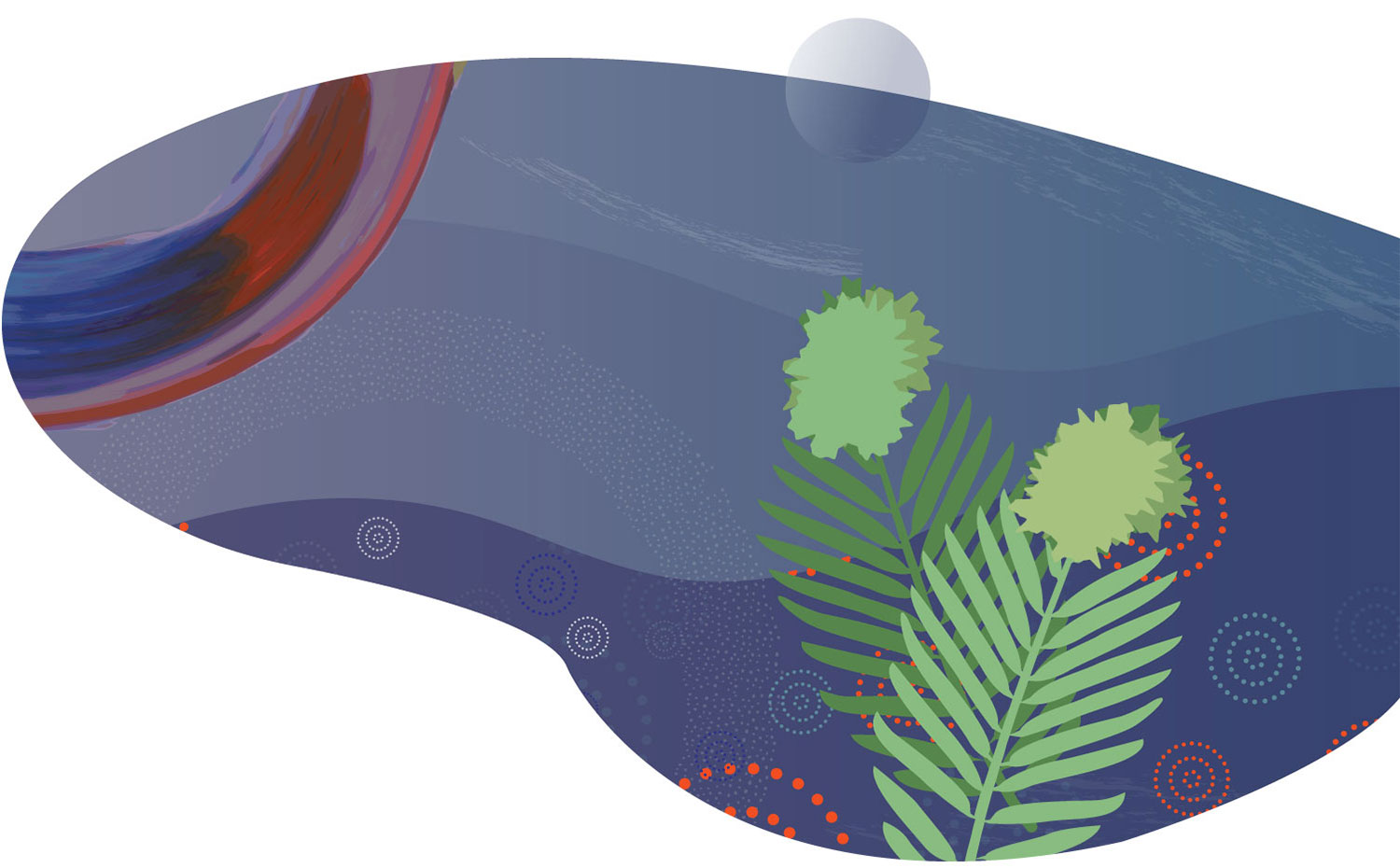Cultural heritage and biodiversity

This case study investigated the impacts of climate change on the Minyumai Indigenous Protected Area, a 20,000 ha wildlife corridor on the NSW North Coast. It utilised local knowledge of Traditional Owners and rangers to identify changes to the seasonality of culturally significant plants and animals.
This project built capacity in Indigenous Protected Area rangers to integrate climate adaptation into their land management plans and provided educational tools for the local community.
Key resources include
Assessing distribution and potential shifts in phenology of culturally significant plant species in response to climate change in the Minyumai Indigenous Protected Area
Using cross-cultural knowledge, the project leader worked with rangers from the Minyumai Indigenous Protected Area to develop and implement strategies for monitoring changes in flowering and fruiting of culturally significant plants and document the breeding and behaviour of culturally significant animals to support their persistence under climate change.
Partners
Led by Emilie Ens (Macquarie University)
Contact
